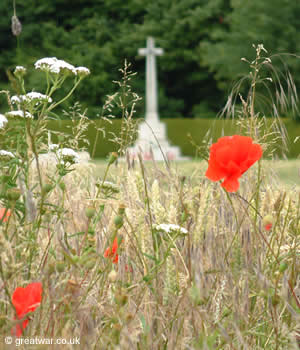For most Americans today, removed from war and even memory of some of America’s most painful wars, Memorial Day has been a day to get out on the water, to drop some meat on the grill, and gather with friends. This year — this COVID-19 year, perhaps is different.
There have always been those whose families have been touched by military service, shaped by war, transformed by those they have lost. These young lives lost will never see their sons play baseball; never walk their daughters down the aisle; never achieve the potential their lives represented.
More than one million men and women have lost their lives fighting in our wars, to preserve our democracy.
 This year we hit 102 years since the end of World War I; 75 years since the end of World War II. Since then there has been a seemingly endless stream of conflicts – Korea, Vietnam, Iraq — the names of the wars change, the loss remains.
This year we hit 102 years since the end of World War I; 75 years since the end of World War II. Since then there has been a seemingly endless stream of conflicts – Korea, Vietnam, Iraq — the names of the wars change, the loss remains.
According to the Pentagon, just under 1.29 million, or less than 0.5 percent of the U.S. population is serving in the military. That means that fewer and fewer of us recognize the sacrifices made by those who serve and their families who support them.
The Veterans Administration estimated in 2014 there were 22 million military veterans in the U.S. population. They and their families know the sacrifice.
The phrase “Lest we Forget” is in the English language lexicon, but most people have no idea where this term originated. The five stanza poem by Rudyard Kipling was written in 1897. It was often read at “Remembrance Day” (Britains’ name for what was then called Decoration Day in the U.S., which became Memorial Day )
The Great War, as World War I was called, is estimated to have contributed to the deaths of 40 million people worldwide; the bloodiest war in history until World War II came along.
The phrase ‘Lest we Forget’ encapsulates our desire to remember the past tragedy and sacrifice and ensure that such bloody catastrophe never happens again:
The tumult and the shouting dies;
The Captains and the Kings depart:
Still stands Thine ancient sacrifice,
An humble and a contrite heart.
Lord God of Hosts, be with us yet,
Lest we forget—lest we forget!
Far-called our navies melt away;
On dune and headland sinks the fire:
Lo, all our pomp of yesterday
Is one with Nineveh and Tyre!
Judge of the Nations, spare us yet,
Lest we forget—lest we forget!
It is not a poem about war, but its grim realism and stark words speak of the universal sadness after every war.
The full poem is available here.
This brings us to a 1960s song by Peter Paul and Mary – “Where have all the Flowers Gone?” that ends with …“When will we ever learn?”







Recent Comments